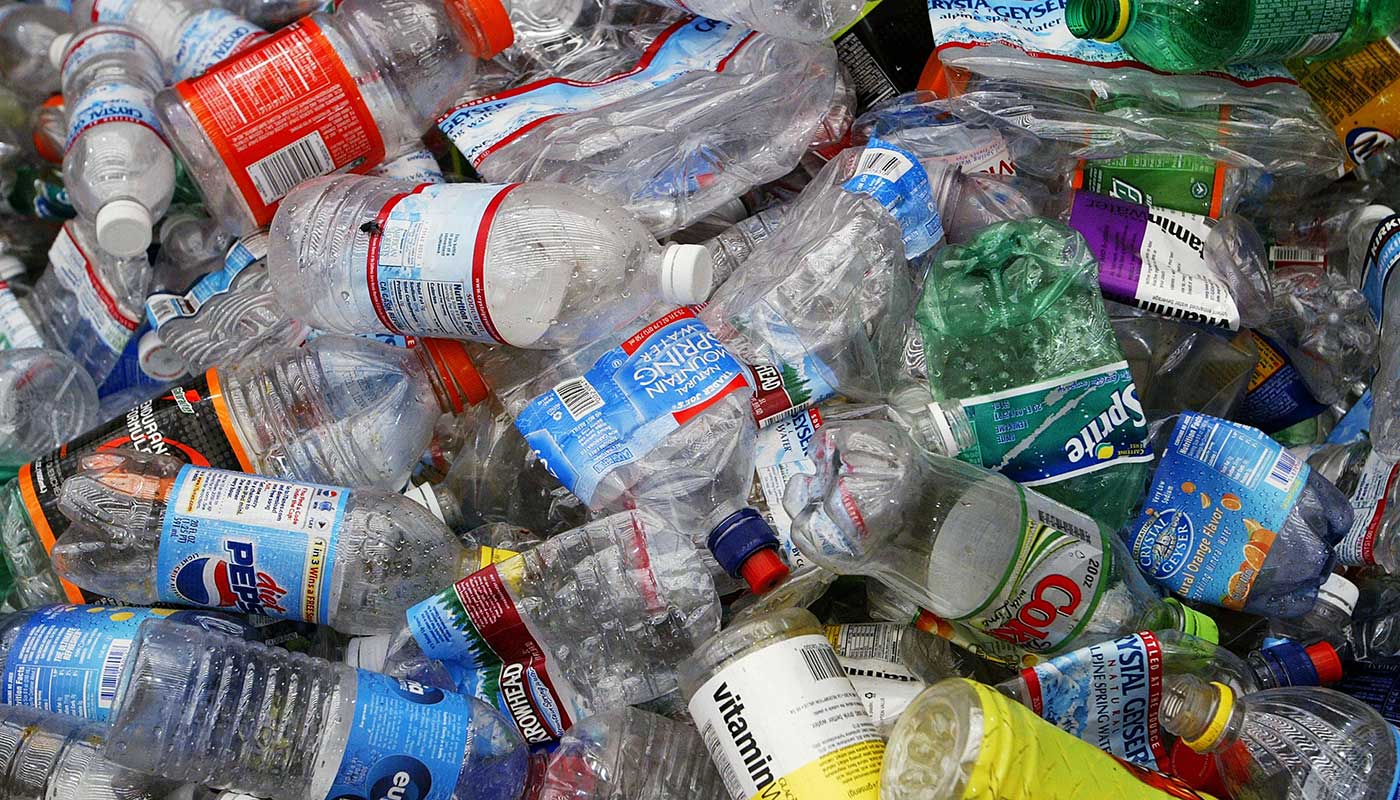Scientists ‘accidentally’ create plastic-eating enzyme
Breakthrough follows experiments on plastic-eating bacteria found in Japan

A free daily email with the biggest news stories of the day – and the best features from TheWeek.com
You are now subscribed
Your newsletter sign-up was successful
Scientists in Britain have “accidentally” created a mutant enzyme capable of breaking down plastic drinks bottles, which could be used to help tackle the planet’s pollution problem.
The breakthrough follows studies done on bacteria that had naturally evolved and was found feeding on plastic at a waste dump in Japan in 2016.
University of Portsmouth biologist Professor John McGeehan and his colleagues were attempting to verify the claim when they “accidentally created a super-powered version of the plastic-eating enzyme”, The Independent reports.
The Week
Escape your echo chamber. Get the facts behind the news, plus analysis from multiple perspectives.

Sign up for The Week's Free Newsletters
From our morning news briefing to a weekly Good News Newsletter, get the best of The Week delivered directly to your inbox.
From our morning news briefing to a weekly Good News Newsletter, get the best of The Week delivered directly to your inbox.
“Serendipity often plays a significant role in fundamental scientific research and our discovery here is no exception,” McGeehan said.
According to The Daily Telegraph, the breakthrough was the result of “X-ray experiments” which caused the enzyme, dubbed PETase, to mutate, giving it a “supercharged ability to break down polyethylene terephthalate (PET)”, a popular plastic used by drink manufacturers.
A free daily email with the biggest news stories of the day – and the best features from TheWeek.com